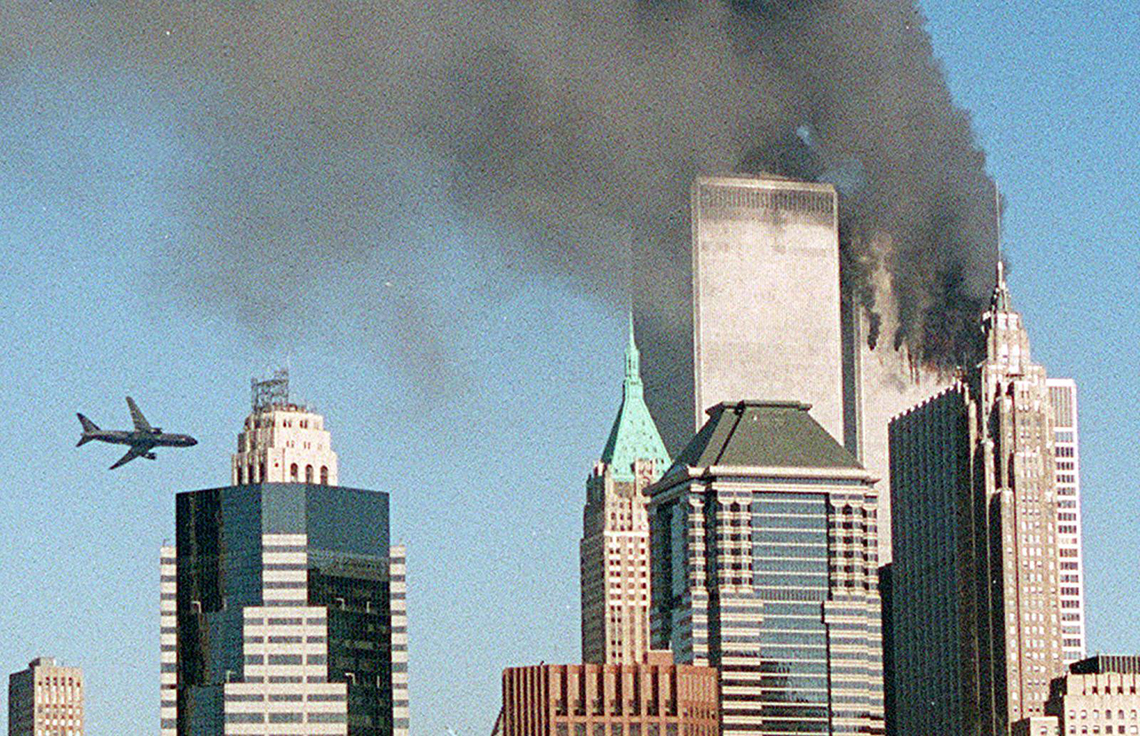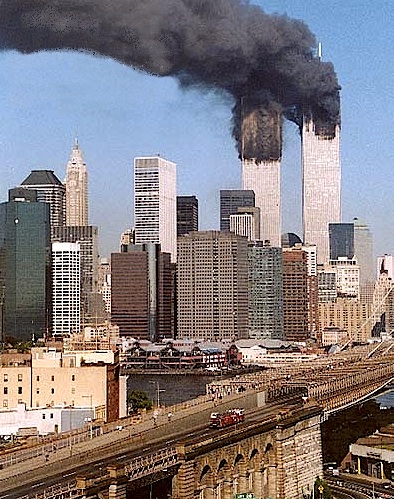The 911 Lone Star And 911 Difference: What Sets These Popular Shows Apart?
Have you ever found yourself flipping through channels, stumbling upon a gripping emergency drama, and then wondering, "Wait, is this the same '911' show I watched last week, or is it something else entirely?" It's a pretty common moment for many viewers, and for good reason! Both "911" and its spin-off, "911 Lone Star," bring intense, heart-pounding stories of first responders to our screens. But, while they share a name and a creator, they are, in fact, quite distinct. Understanding the 911 Lone Star and 911 difference can really help you appreciate each series for its unique flavor and what it brings to the table.
You see, much like how a unique constraint in a database ensures that every piece of information in a column stands alone and is different, these two shows, too, carve out their own separate identities. They might both be about the thrilling, often chaotic, world of emergency services, yet their settings, characters, and even the general vibe of their storytelling set them apart. It's not just a subtle variation; there are clear distinctions that make each show a singular viewing experience, so to speak.
So, if you've been curious about what truly makes "911" and "911 Lone Star" individual entities, or perhaps you're thinking about starting one and want to know which might be more your style, you've come to the right spot. We're going to explore the core elements that define each series, shedding light on the fascinating differences that give them their own special appeal. It's quite interesting, really, how two shows from the same creative mind can feel so different.
Table of Contents
- Core Premise and Origin
- Setting and Atmosphere: From Los Angeles to Austin
- Main Characters and Team Dynamics
- Storytelling Tone and Themes
- Emergency Calls and Action Sequences
- Connections and Crossovers
- Audience and Appeal
- Evolution Through Seasons
- Frequently Asked Questions
Core Premise and Origin
Both "911" and "911 Lone Star" spring from the creative minds of Ryan Murphy, Brad Falchuk, and Tim Minear, which probably explains their shared DNA in terms of high-stakes drama and character focus. The original "911" series first hit screens in 2018, bringing us into the daily lives of Los Angeles's first responders. It quickly captured audiences with its blend of intense emergencies and the personal struggles of the firefighters, paramedics, and police officers who answer the iconic 911 emergency calls. You know, the "911" number itself, which has been America's universal emergency line since 1967, was chosen partly because the number '9' was far from the dial-stop on older rotary phones, helping to prevent accidental calls. So, the show’s title really leans into that immediate sense of urgency and crisis, which is pretty clever.
"911 Lone Star," on the other hand, arrived in 2020 as a spin-off. It basically takes the successful formula of the original show and transports it to a completely new setting: Austin, Texas. The decision to create a spin-off was, in a way, a recognition of how well the core concept resonated with viewers. It allowed the creators to explore similar themes and types of emergencies but with a fresh cast and a different cultural backdrop. So, while the original "911" was about establishing the format, "Lone Star" was about proving its adaptability, and it's done a pretty good job of that, honestly.
Setting and Atmosphere: From Los Angeles to Austin
One of the most obvious, and arguably most impactful, aspects of the 911 Lone Star and 911 difference is their geographical setting. "911" is firmly rooted in the sprawling, diverse, and often chaotic landscape of Los Angeles, California. This setting allows the show to feature a wide array of emergencies, from massive wildfires tearing through canyons to earthquakes shaking the city, and even the more bizarre, only-in-LA type of calls. The city itself almost feels like another character, with its iconic landmarks and varied neighborhoods providing a constantly changing backdrop for the first responders' work. The atmosphere in "911" can often feel very fast-paced, reflecting the sheer size and constant activity of a major metropolitan area. It's a very busy show, that's for sure.
Conversely, "911 Lone Star" embraces the distinct culture and environment of Austin, Texas. While Austin is a growing city, it has a different feel than Los Angeles. The show often highlights the unique challenges and characteristics of Texas, including its vast open spaces, extreme weather conditions like tornadoes and ice storms, and a strong sense of community that can sometimes feel a bit more grounded than its LA counterpart. The atmosphere in "Lone Star" can sometimes feel a bit more intimate, focusing on the close-knit nature of the Austin emergency services. It's still high-octane, but the specific challenges often reflect the Texan environment, which is, you know, quite different.
Main Characters and Team Dynamics
The heart of both shows lies with their characters, and here is where another significant 911 Lone Star and 911 difference really shines through. "911" introduces us to a diverse ensemble cast, including the stoic Captain Bobby Nash, played by Peter Krause, and the resilient dispatcher Maddie Kendall, portrayed by Jennifer Love Hewitt. The show builds its narratives around established relationships and a team that has already faced many challenges together. The dynamics are complex, exploring family ties, friendships, and romantic relationships that have been forged over time. You get to see the depth of their connections, which is really compelling. The show typically balances the professional heroism with deep personal drama, and the characters often grapple with past traumas and ongoing struggles, making them feel very real, in a way.
"911 Lone Star" introduces us to Captain Owen Strand, played by Rob Lowe, a New York City firefighter who moves to Austin with his son to rebuild a firehouse after a tragic event. This premise immediately sets a different tone, as the show often explores themes of starting over, grief, and building a new family from scratch. Owen's team is a collection of unique individuals, many of whom are also dealing with personal challenges or trying to overcome past issues. The dynamics in "Lone Star" often focus on the process of forming a cohesive unit and finding a new sense of belonging. It's about a new beginning, which, you know, gives it a distinct emotional arc. The show also tends to feature a bit more overt humor and a slightly lighter touch in some of its character interactions, which is an interesting contrast.
Storytelling Tone and Themes
While both series deliver high-stakes emergencies, their overall tone and the themes they prioritize can feel quite different. "911" often leans into dramatic, sometimes very serious, storytelling. It tackles a wide range of social issues, personal traumas, and the psychological toll of being a first responder with a generally earnest approach. The show doesn't shy away from dark moments, and the emotional stakes are often incredibly high. It also has a knack for presenting truly bizarre and outlandish emergencies, which can sometimes inject a touch of dark humor, but the core remains quite dramatic. It's a show that really wants you to feel the weight of what these heroes experience, and it usually succeeds at that.
"911 Lone Star," arguably, often blends its drama with a more pronounced sense of hope and, at times, a bit more overt comedic relief. While it certainly deals with serious issues and tragic events, there's a certain resilience and optimistic spirit that tends to permeate the narratives. The show might explore themes of acceptance, second chances, and finding family in unexpected places with a slightly lighter touch, even amidst intense situations. It's still incredibly dramatic, but the overall feeling can be a bit more uplifting. You know, it's almost like it's trying to show that even in the face of chaos, there's always a path forward, which is a pretty nice message.
Emergency Calls and Action Sequences
The core of any emergency drama is, naturally, the emergencies themselves, and both shows excel at crafting memorable, often spectacular, rescue sequences. However, the types of calls and the way they're presented can highlight another 911 Lone Star and 911 difference. "911" in Los Angeles has featured some truly epic, city-wide disasters, like the massive earthquake in Season 2 or the tsunami in Season 3. These events allow for large-scale action sequences involving multiple agencies and a broad impact on the city. The show also often features very unique and sometimes bizarre individual emergencies that stretch the imagination, which is actually quite fun to watch. It's like they're always trying to outdo themselves with the next strange call, which keeps things interesting.
"911 Lone Star," while also featuring large-scale events like the massive wildfire or the ice storm that paralyzed Austin, often grounds its emergencies more in the specific challenges of the Texas landscape and its unique blend of urban and rural settings. You might see more calls involving wildlife, specific regional hazards, or situations that play on the state's distinct culture. Both shows deliver incredible visual effects and intense action, but "Lone Star" tends to root its big events more in the natural elements or the unique aspects of its setting. It's still very exciting, but the flavor of the danger is, you know, a bit different, which is something to consider.
Connections and Crossovers
Given that "911 Lone Star" is a spin-off, many viewers naturally wonder about the connections between the two series. Are they in the same universe? Do characters from one show appear in the other? The answer is, yes, they absolutely exist in the same fictional universe. This shared world is, in some respects, a neat trick the creators play. While direct, regular crossovers are not a staple of either show, there have been instances where characters from one series have made appearances in the other. For example, some characters from the original "911" have traveled to Austin to assist during major emergencies, and vice versa. These crossover events are typically reserved for big, multi-episode arcs that allow for a seamless blend of the two casts, which is pretty cool.
These crossovers are usually well-received by fans, as they offer a chance to see beloved characters interact in new settings and face different challenges. They also reinforce the idea that both shows are part of a larger narrative tapestry of emergency services across America. However, it's important to note that you don't need to watch one show to understand the other. Each series is designed to stand on its own, with its own self-contained storylines and character arcs. The crossovers are more like fun bonuses for dedicated viewers rather than essential plot points, which is a good thing, honestly, for new viewers.
Audience and Appeal
When considering the 911 Lone Star and 911 difference, it's also helpful to think about who each show might appeal to most. "911" often draws in viewers who appreciate a blend of intense, often dramatic, emergency scenarios with deep, character-driven personal stories. If you like shows that aren't afraid to go to dark places emotionally and explore the psychological impact of trauma on its heroes, then the original "911" might be right up your alley. It has a loyal following that really connects with the long-standing relationships and the often gritty realism of the first responders' lives. It's a very engaging show for those who like their drama with a serious edge.
"911 Lone Star," on the other hand, might appeal more to viewers who enjoy a similar high-octane emergency drama but perhaps with a slightly more optimistic or family-focused outlook. If you're drawn to stories about starting fresh, building new connections, and finding hope amidst adversity, "Lone Star" could be a great fit. Its emphasis on Captain Strand building a new team and a new life in Austin resonates with themes of resilience and community. It also, you know, tends to have a bit more overt charm and sometimes a lighter touch in its character interactions, which can be very appealing to some viewers. Both shows deliver thrills, but their emotional core can feel quite different, and that's a key distinction.
Evolution Through Seasons
Like many long-running television series, both "911" and "911 Lone Star" have evolved over their respective seasons, which also contributes to the 911 Lone Star and 911 difference. The original "911" has, in a way, deepened its exploration of its core characters' backstories and ongoing struggles. We've seen them face increasingly personal threats and deal with the long-term consequences of their demanding jobs. The show has also continued to push the boundaries with its large-scale disaster scenarios, trying to keep the action fresh and exciting. It's also, arguably, become more confident in its blend of high drama and occasional moments of levity, which is a good sign for a show that has been on the air for a while.
"911 Lone Star," being a newer show, has had the opportunity to really establish its own identity and grow into its characters. It has, you know, steadily built out the personal lives of its Austin-based team, giving each member compelling storylines and showcasing their individual strengths and vulnerabilities. The show has also found its rhythm in balancing the unique Texan emergencies with the character development, creating a distinct narrative voice. As it progresses, it continues to explore themes of identity, belonging, and the unique challenges of being a first responder in a new place. Both shows have certainly matured, but their paths of evolution have been quite different, reflecting their individual starting points and creative goals, which is pretty interesting to observe.
Frequently Asked Questions
Are 911 and 911 Lone Star connected?
Yes, absolutely! "911" and "911 Lone Star" are set in the same fictional universe. While they focus on different cities and different teams of first responders, they do occasionally feature crossover events where characters from one show appear in the other. These moments are, you know, a fun treat for fans, but each show is designed to be watched independently, too.
Which 911 show is better?
Deciding which show is "better" is really a matter of personal taste, honestly. "911" often appeals to viewers who enjoy deep character drama alongside intense emergencies, with a slightly more serious tone. "911 Lone Star," on the other hand, might be preferred by those who like a similar action-packed format but with a bit more focus on new beginnings, found family, and perhaps a touch more optimism. Both are very well-produced and entertaining, so it just depends on what you're looking for, in a way.
Do 911 and 911 Lone Star have the same cast?
No, they do not have the same core cast. Each show features its own distinct ensemble of actors portraying the firefighters, paramedics, and police officers. For instance, "911" stars Angela Bassett and Peter Krause, while "911 Lone Star" features Rob Lowe and Gina Torres. While there have been occasional guest appearances and crossovers where actors from one show appear in the other, the main casts are completely separate, which is a pretty clear distinction.
So, as you can probably tell by now, while they share a name and a general premise, the 911 Lone Star and 911 difference is quite substantial. Each series offers its own unique spin on the lives of first responders, bringing distinct characters, settings, and storytelling approaches to the screen. Whether you're drawn to the bustling, diverse world of Los Angeles or the resilient, community-focused spirit of Austin, both shows promise plenty of thrilling action and heartfelt drama. If you're looking to explore more about the fascinating world of emergency services and the heroes who answer the call, you might want to learn more about first responder life on our site, or even link to this page for more detailed character breakdowns. It's really about finding which story resonates most with you, and both are, you know, definitely worth a watch!

Remembering the 9/11 Terrorist Attacks, 20 Years Later

Remembering 9/11 | Green-Wood

Neuvorstellung: Porsche 911 S/T : 1.963 strahlende Kunden | STERN.de